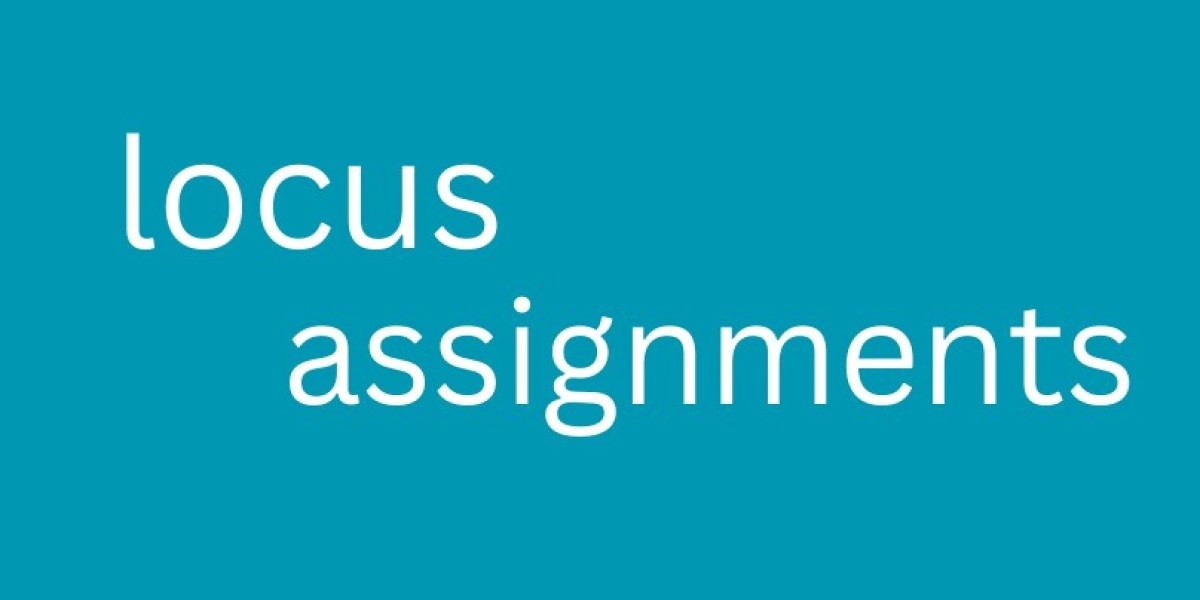Quantum computing may feel like something from a science fiction movie, but it's no longer merely a dream of the future—it's already on the horizon. From finance to healthcare, the technology is making its way into various sectors and will soon be an integral part of our daily lives. If you're a university student wondering what all the fuss is about, then this blog is for you. Our assignment help staff clarifies the idea of quantum computers in its most basic form so that you are able to grasp it without necessarily requiring advanced knowledge of physics.
What Is a Quantum Computer?
A quantum computer is a computer that relies on the powers of quantum mechanics to calculate things much quicker than standard machines. While classical computers that are based on bits that are 0 or 1, quantum computers base their operation on qubits, which may be 0, 1, or both simultaneously. This capability makes them work on many possibilities simultaneously, so they have awesome computing powers.
Classical computers are ideal for typical tasks such as surfing, word processing, and calculations but are step-by-step in their operations, hence slow when working with enormous-scale simulations or very complicated problems. Quantum computers, however, apply quantum parallelism in making calculations at the same time, hence ideal for code-breaking, molecular science, and large data analysis. This is the reason why leading global firms as well as top universities are heavily investing in the establishment of quantum technology.
The Science of Quantum Computers
Quantum computing is based on the science of quantum mechanics, which deals with the behavior of small particles. Qubits are the basic units of data in a quantum computer and are unlike conventional bits since they may be in more than one state simultaneously. This is achievable through superposition, a feature that makes it possible for a qubit to simultaneously be both 0 and 1. Another fundamental principle is entanglement, under which qubits can be interconnected so that one's state instantly changes the other even if they are far apart.
Quantum interference also increases the capability of quantum computing by making the right results stronger and eliminating the wrong ones. All of these operations are facilitated by sophisticated quantum chips that need to be maintained at very low temperatures for precision and stability.
How Do Quantum Computers Work?
Quantum computers are not accelerated versions of classical computers; they operate according to entirely new rules. Quantum gates determine the way qubits interact and construct circuits that are specifically crafted to address certain problems. These are then paired with quantum algorithms, like Shor's and Grover's, which can solve issues ordinary computers are not capable of handling. To make them reliable, quantum chips are cooled to almost absolute zero temperature, stopping errors created by instability.
If these terms are overwhelming while doing your homework, you don't have to worry. Our online assignment experts can break down these terms in a simple way and provide assistance with reports, research, and academic projects.
Cloud Quantum Computing
The most thrilling aspect of this domain is that the students don't have to possess a quantum computer to test it. Cloud quantum computing provides access to actual quantum machines via the internet. The likes of IBM, Microsoft, and Amazon now offer platforms on which students can code and perform experiments remotely. These platforms usually come with simulators, tutorials, and user-friendly tools, making learning more convenient for novices.
This method also eliminates the cost of pricey hardware, since numerous services cost little or nothing at all for academic users. Having the chance to experiment with algorithms using real machines offers students immediate experience that creates awareness of how theory translates in reality. For UK students, cloud-based access simplifies quantum computing learning than ever.
Types of Quantum Computers
There are several types of quantum computers based on various technologies. Superconducting qubits utilized by IBM and Google depend on extremely cold circuits. Trapped ions utilize lasers to manipulate ions with high accuracy but can be difficult to scale. Photonic quantum computers utilize particles of light, which makes them a great choice for communication systems. Experimental topological qubits have the potential for long-term stability, whereas neutral atom systems are going to be a scalable and flexible solution in the future.
Quantum vs Classical Computers
An understanding of the distinction between classical and quantum computers provides insight into how this emerging technology is so much more powerful. Classical computers deal with information in binary form, that is, 0 or 1, and compute step by step. Quantum computers utilize qubits that can be both 0 and 1 or both simultaneously, and hence they can calculate numerous outcomes in parallel.
While classical computers are great for general computing, web surfing, and word processing, they bog down with complex computations. Quantum computers, with their distinctive algorithms and parallel processing strengths, are perfectly suited for solving highly sophisticated problems such as cryptography, artificial intelligence, and molecular simulation.
Applications of Quantum Computing in the Real World
Quantum computers are already being used to solve real-world problems. In drug development, they can model molecular interactions to accelerate medical research. In finance, they handle big sets of data very fast, enhancing forecasting and fraud prevention. Another key sector is cybersecurity because quantum encryption renders data nearly unhackable. Climate researchers are harnessing quantum systems to develop more precise models for weather and environmental research. Lastly, artificial intelligence gains from accelerated machine learning algorithm training, resulting in more intelligent and efficient AI systems.
Why Should Students Learn Quantum Computing?
For students, acquiring the knowledge of quantum computing gives a significant benefit. It paves the way to technology, financial, government, and healthcare careers, sectors that already have quantum solutions on the agenda. This field also develops interdisciplinary competencies by integrating physics, mathematics, and computer science. It provides extensive study opportunities for postgraduate studies and exposure to scholarships and funding, with governments and institutions recognizing its significance. Even a general familiarity with quantum computing can differentiate coursework, projects, and internships to professors and employers.
Conclusion
Quantum computing is no longer theory—it is revolutionary technology that already has industries transforming. For UK students, learning in this area today can lead to a solid future in academics and the job market. And if explaining intricate subjects such as qubits, algorithms, or cloud systems is daunting, you don't have to battle through it by yourself. Our assignment assistant team at Locus Assignments is available to offer research assistance, writing assistance, and project guidance. Through our assignment help online, you can break down even the most challenging academic tasks and concentrate on achieving success in your studies.







